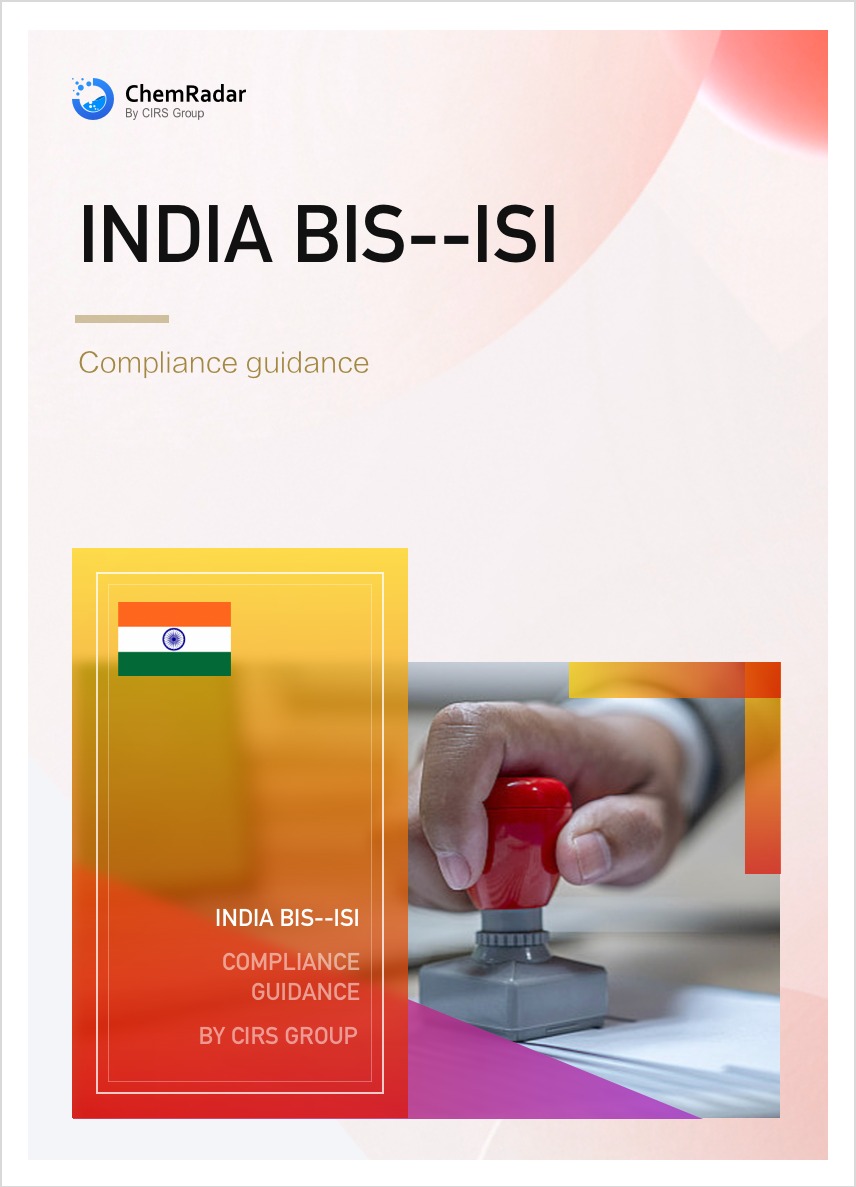I. Introduction of India ISI
In accordance with the BIS Act, 1986, BIS certification scheme is basically voluntary in nature. However, for a number of product compliance to Indian Standards is made compulsory by the Central Government under various considerations and public interest, protection of human, safety of environment, prevention of unfair trade practices and national security. For such products, the Central Government directs mandatory use of Standard Mark under a license or Certificate of Conformity (CoC) from BIS.
Indian Standards Institution, ISI, is one the strictest certifications in India, including factory review and product testing. The Bureau of Indian Standards (BIS) presents Scheme I (ISI Mark Scheme) which covers building materials, chemicals, household electrical goods, medical textiles, and automobile accessories. Products listed in Scheme I are required to obtain ISI certificate before they are introduced to the Indian market.




